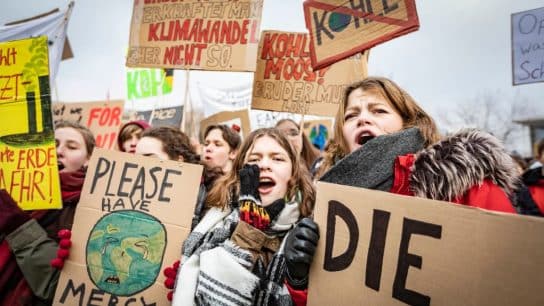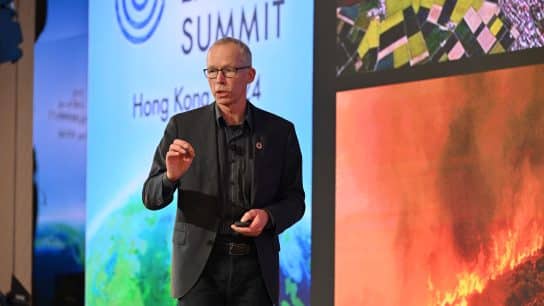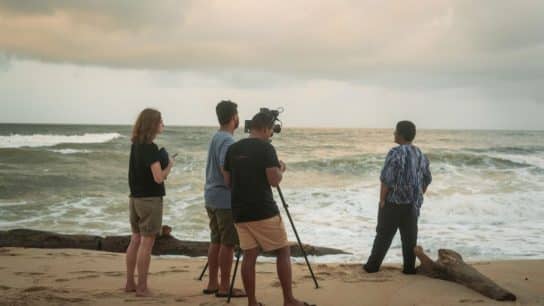In unison with the celebration of their one-year anniversary, Age of Union announces a further US$1 million donation towards the Kalaweit x Age of Union Reserve and their partnership with Kalaweit. In so doing, the company has not only purchased more land but also dedicated funding to acquire more efficient fire-fighting equipment, a bolstering of the ranger squad, and a plane. With 1,500 hectares of the Dulan forest now under their protection, countless numbers of sun bears, gibbons, clouded leopards, proboscis monkeys, and many other species will be able to find refuge as the surrounding forests are destroyed by the palm oil and mining industries.
—
Securing net-zero emissions by the end of 2050 and keeping the 1.5C-limit well within reach is a goal that countries across the world have been forced to meet. It’s a goal with consequences that are far-reaching, in both time and space, and it’s a goal that will require the mobilisation of hundreds of thousands, if not millions of like-minded people.
Age of Union, a non-profit environmental alliance that has garnered over $40 million in funding for conservation projects across the world, accomplishes just that. As stated on their website, the company supports and draws attention to a “global community of change-makers” that are conducting essential, on-the-ground conservation work, the kind that contributes to the fight against climate change in a meaningful, impactful way.
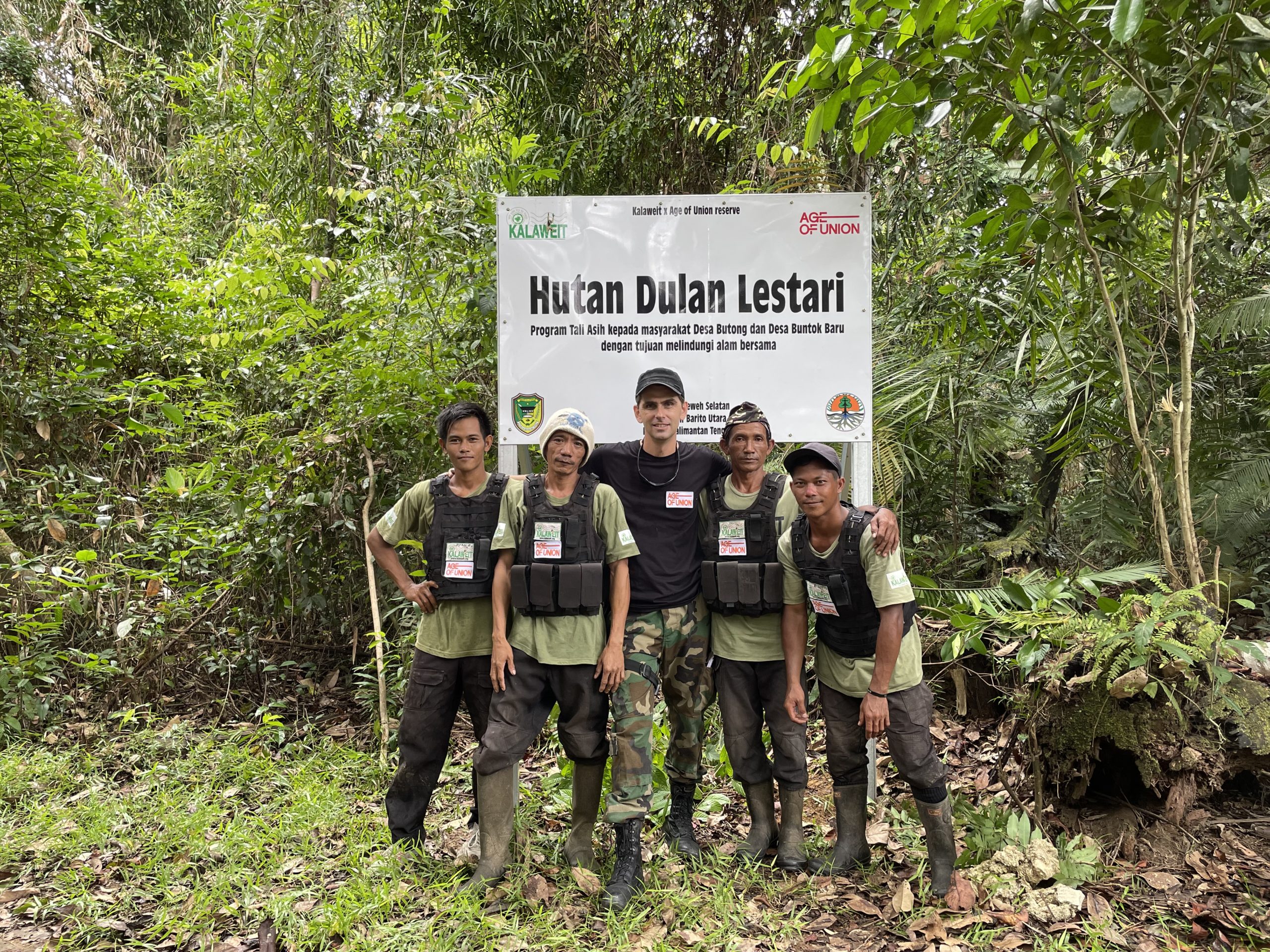
In an exclusive interview with Earth.org, industry expert and founder of Age of Union Dax Dasilva introduces his team’s ambitious work in Indonesia, and how Age of Union has been contributing to that very same fight against climate change through a methodology that involves real work with real people.
“We’re funding the on the ground, very grassroots, boots-on-the-ground types of organisations because we really believe those are the organisations that will inspire people when they see the stories about them,” says Dasilva.
Dasilva explains that he started Age of Union as a foundation after publishing a book titled “Age of Union: Igniting the Changemaker”.
“We actually called it an alliance in October of 2021,” explains Dasilva.
Recently celebrating their one-year anniversary, the alliance has committed $1 million in funding towards the Dulan Forest, their ninth of ten projects, in partnership with Kalaweit, a company dedicated to protecting Indonesian forests.
“We started originally with a hundred thousand dollars as an initial emergency infusion to buy a critical piece of territory to expand the Dulan forest. Now we’ve added a million dollars to nearly double the reserve.” says Dasilva. “We’re really happy to celebrate the one-year anniversary with that.”
The project aims to protect 1,500 hectares of forest located on the island of Borneo from exploitation by the mining and palm oil industries, two of the biggest threats to biodiversity in the area.
You might also like: Palm Oil Deforestation: Origins, Environmental Degradation and Solutions
“It is very important for us to invest in Indonesia as palm oil has been a very difficult story for nature there.”
Indonesia is a country with an incredibly biologically diverse ecosystem that supports over 250 million people and 300,000 wildlife species among 17,000 islands. In fact, Indonesia is ranked as the second highest biologically diverse country in the world, containing two of the world’s 25 diversity hotspots.
“This is a really critical refuge for wildlife. There’s sun bears, there’s gibbons, there’s clouded leopards, there’s langurs and proboscis monkeys and many other species.” he says.
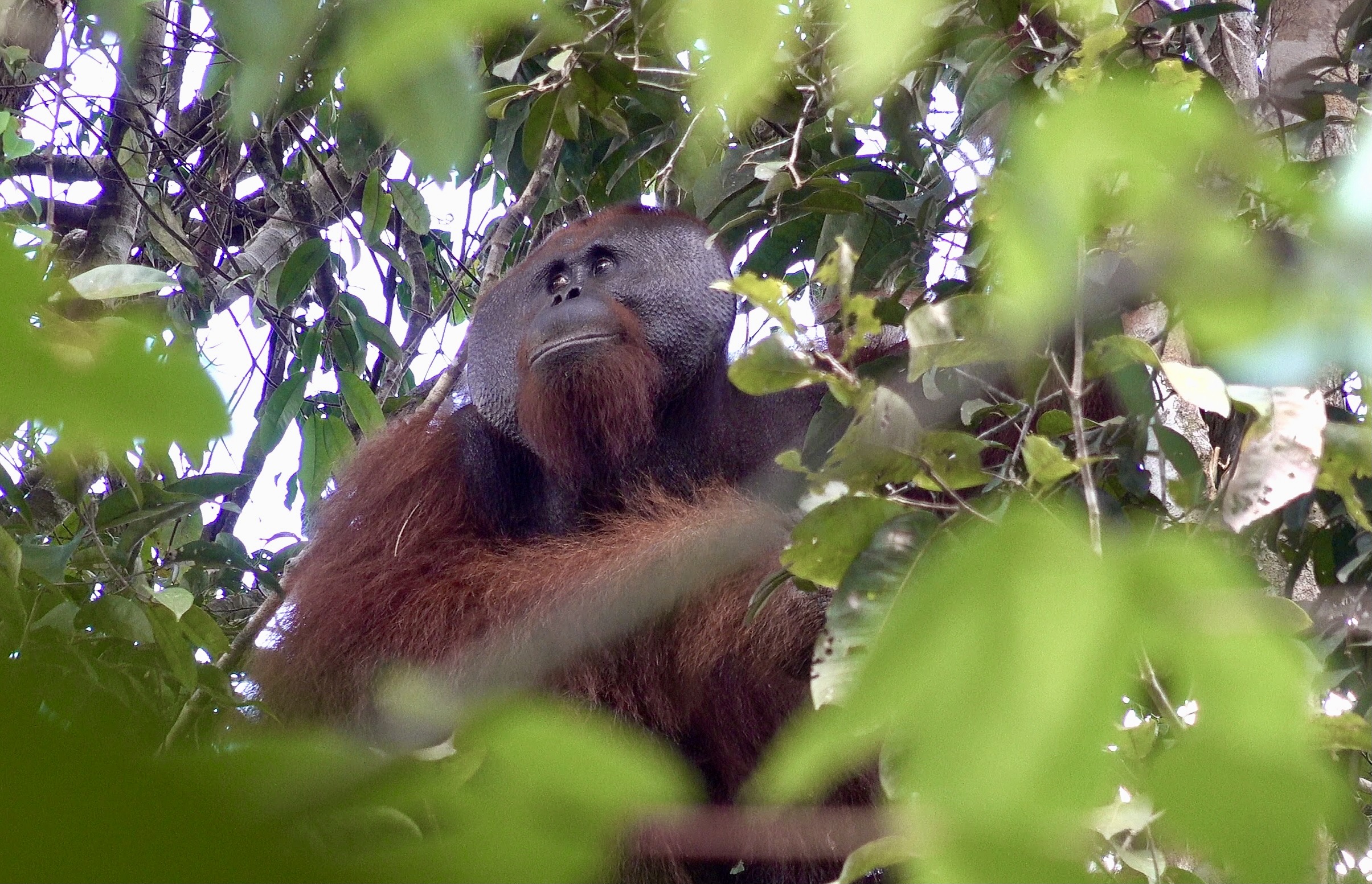
Unfortunately, it is also a country plagued by the mining and palm oil industries. As fast as Dasilva and his team are at putting thought into action, representatives from these industries are consistently looking to buy the very same land that Age of Union is hoping to conserve.
“There’s always competing offers from palm oil and industry, so it’s quite urgent.” explains Dasilva. “We purchased this land a year ago for a hundred thousand dollars and ended with about 750 acres. But what we were able to do with this million is double it and go from 750 to 1,500.”
The funding is slated to go towards a number of essential conservation efforts. The ranger programme, for example, consisting of a half-dozen horseback patrolmen, is set to be expanded, as is their ability to spot not only poachers but also wildfires and other issues via a recently purchased aircraft. The aircraft will also double as an aerial reseeder, enhancing their reforestation efforts significantly.
“There’s a lot of technology being used as well, but the aerial plus the rangers is the whole solution.” he believes.
Dasilva’s team has also purchased more efficient water units to combat forest fires, which are more prevalent in what are known as secondary forests, or forests that have regrown after a clearing; and as Dasilva explains, despite being a secondary forest, it is used by the local wildlife.
“Over time this secondary forest will fully recover. In the meantime, it is vulnerable to forest fires, so we can’t lose any forest in this reserve.”
To mark the collaboration between Age of Union and Kalaweit, the reserve has been renamed the Kalaweit x Age of Union Reserve, and will hopefully prevent any mining, palm oil, or poaching activities to occur in the area for many years to come. However, this will require that the area remain patrolled, and that invested individuals continue to protect it.
“I’ve seen instances where land that we just protected [from another project] is invaded a month later.” explains Dasilva. “If you don’t have folks on the ground, and even better people that are connected deeply to the community, then having a protected line doesn’t mean much.”
All images courtesy of Kalaweit
You might also like: Vanishing Act: Deforestation in Indonesia










